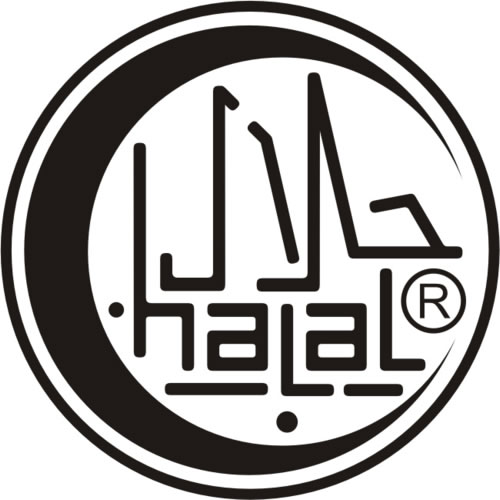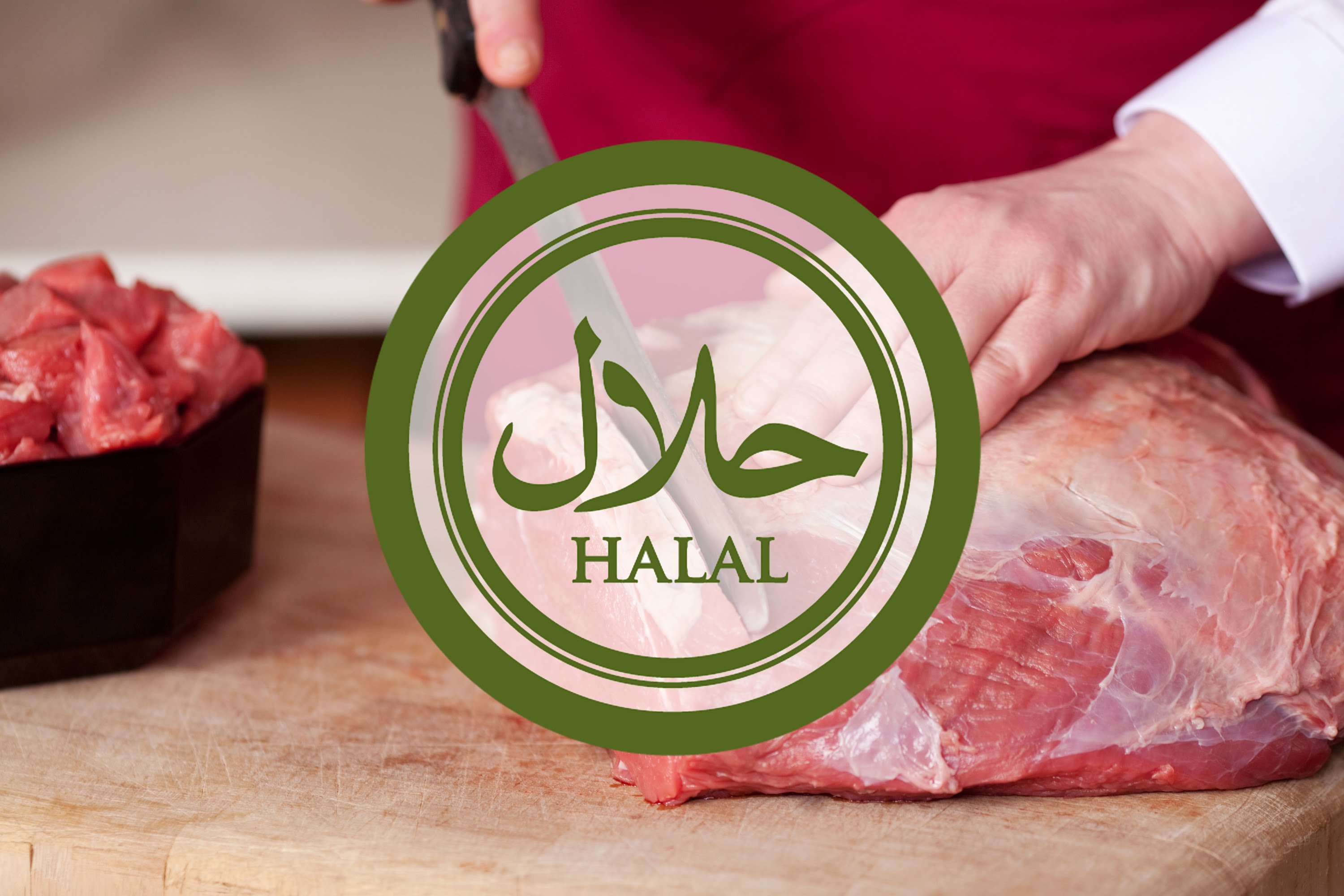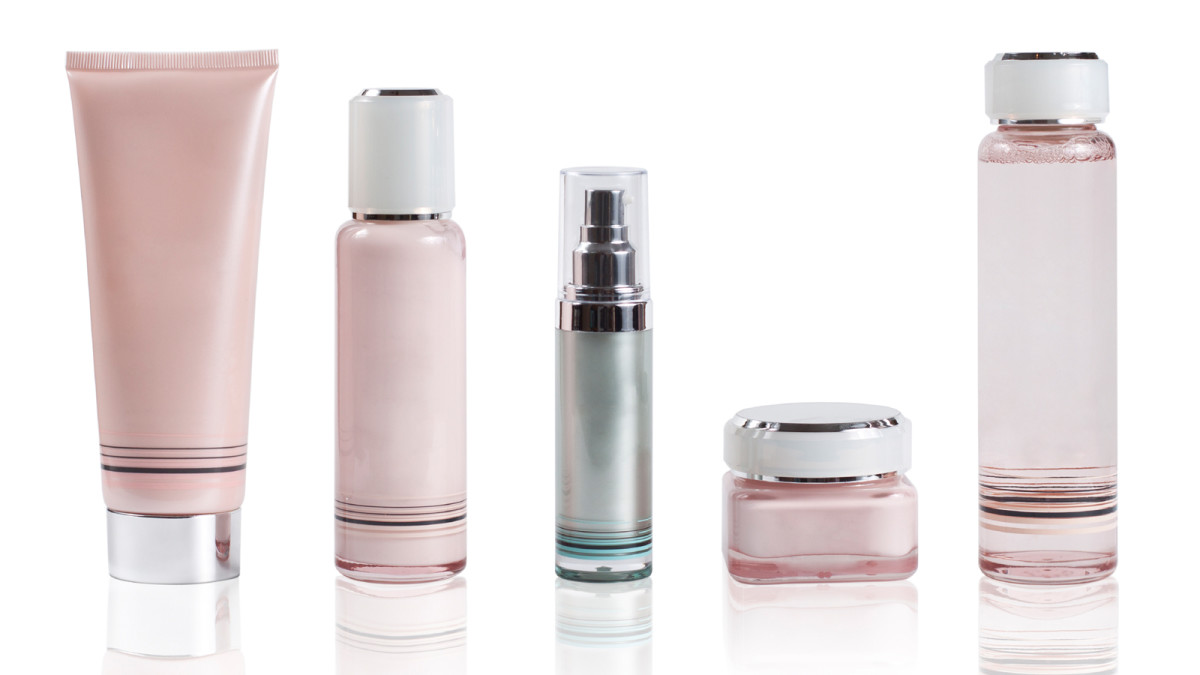Today many people choose what to eat based on religious principles or health reasons, and how the animals are treated. More and more often, we see customers in stores reading declarations and informing themselves about the products they are eating.

Written by: Valdet Peštalić
Besides the basic certifications like ISO, HACCP and the Eco certificate, certificates that prove that a product is in line with Islamic principles, i.e. that it is halal are more and more sought out. Halal product markets are one of the fastest-growing markets in the world.
Halal is a word of Arab origin, meaning “that which is allowed, pleasant and useful”. By its very nature, halal stems from Islamic teaching that is founded on the principle of permissiveness of everything that does not harm a person’s life, or their spiritual and mental health, with a certain number of clear prohibitions when it comes to food, the consumption of alcohol, narcotics, gambling, unfair trading and immorality. Halal also recommends moderation with food consumption, and represents a synonym for a healthy lifestyle. For many, halal is also a way of life, or how they do business and a type of behavior. Halal requires adherence „from the field to the table“, i.e. halal requirements have to be met at all steps of the process. Halal certification includes various categories of products (food, medicines, personal hygiene products, general use products…) and services (tourism and hospitality, trade, logistics, finances…), and over 7000 halal products are produced in B&H.

HALAL MEAT
When we hear of the term halal meat, we usually think of poultry, cattle, sheep and goat meat, and products without pork. However, for meat to be considered halal, it is necessary for it to be taken from animals which are permitted for consumption, and which have been fed natural food without any animal-derived ingredients. A humane treatment of animals at all phases of production is required, along with veterinary supervision and care about the health of the animals. The difference between halal and the so-called industrial way of slaughtering is that the halal slaughter process happens a lot faster, the animal feels minimum pain, there is less stress for the animal – the prayer that is recited calms the animal down additionally, and almost all blood is removed from the corpse of the animal, which makes it even cleaner and more useful. It is important to note that the meat of animals that are permitted for consumption is not halal if any part of the halal process is not conducted (diet, veterinary supervision, transport, slaughter and bleeding out of the animals). At all steps of halal meat production process, hygiene and health and safety have to be monitored in accordance with sanitary and hygiene regulations that have been established for the production of meat and dairy products.
Prior to the slaughter of the animal, the food that it consumes must be permissible by halal standards, which is something that we cannot be certain about, so there is some doubt about the halal status of products such as fish and eggs. There are a lot of examples like this, and that is why it is best to use halal-certified products, which have the halal quality trademark. One of the halal standards that the EU recently took over is that when raising chicks, they cannot stay in an overpopulated space, the usage of antibiotics is forbidden, as are products that promote faster growth.

HALAL COSMETICS
Halal cosmetics cannot contain substances derived from pork or animals that have been slaughtered in an inhumane manner. They need to be without ethanol, narcotics and dangerous materials or they must not have been exposed to radiation and they need to be without GMOs, which is of particular importance for vegetarians, as well as those who suffer from allergies.
HALAL TOURISM
Besides products, halal certification also includes various categories of services, including tourism. Halal tourism represents providing services during a trip for persons who wish to live in accordance with halal principles. Having the halal certificate makes the guests’ stay more pleasurable, and says a lot about the image of the hotel and destination. In accordance with Islam, apartments must have space/meet requirements for performing religious rituals, there are no alcoholic beverages in the minibar, and cosmetics are produced in accordance with halal principles. All menus have labels which represent dishes that have been prepared according to the halal standards of food procurement, preparation and service. At spa centers, guests must have separate spaces for women and men, which includes saunas, change rooms and massage rooms.
When it comes to airline travel, IATA standards have already been ensuring travelers for a long time with their Muslim Meal, which is what they call halal food, and at airports there are spaces which are designated for performing prayer rituals.
Halal tourist services
Statistics suggest that almost a third of the world population are potential users of halal tourist services, taking into account that by its very nature halal is acceptable for all consumers, regardless of their religion. According to indicators for 2010, halal tourist services had a turnover of over 90 billion USD, which makes it over 9% of the overall world turnover for tourism. There are predictions that the value of this market will grow to 225 billion USD in 2020, i.e. that it will take up 15% of total world turnover for tourism. Across the world, there are many destinations which have adjusted their services to meet halal requirements. If an analysis of the growth rate of travel in the world was to be conducted, we would see that the highest growth of travel is from countries where people practice the halal way of life.
SCIENTIFIC EXPERIMENTS
Scientists across the world are researching halal food, and in their opinion, the advantages of halal food in comparison to conventional products are obvious. Experiments have been conducted which show that the blood of an animal that has been slaughtered in the standard way contains bacteria, as well as lactic acid, which is a result of the pain and stress of the animal. Those who do not eat halal food have a higher concentration of adrenaline in their blood. People who eat halal meat say that it tastes different from ordinary meat.